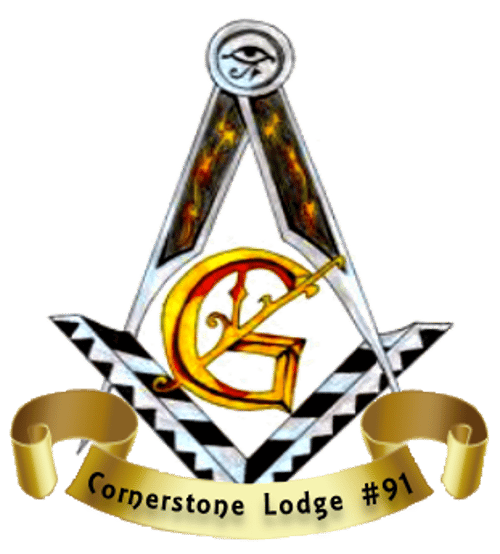About Us
Freemasonry is one of the world's oldest and largest non-religious, non-political, fraternal and charitable organizations. It is a society of men concerned with moral and spiritual values. It also teaches concern for people, care for the less fortunate and help for those in need.
Prince Hall
Prince Hall Freemasonry is the oldest, continually-active, African American fraternal organization within the State of Illinois. The namesake of an African American abolitionist, civic-servant and pioneer in Freemasonry, the fraternity has a direct line to the Mother Grand Lodge of all Freemasonry in England. Like Prince Hall, Prince Hall Freemasons are dedicated to making good men better through service to mankind. There are hundreds of thousands of Prince Hall Freemasons across the United States of America and beyond who are dedicated to the tenets of brotherly love, relief and truth. Cornerstone Lodge No. 91 is following suit.
Cornerstone Lodge is a subordinate Lodge of Master Masons under the jurisdiction of the Most Worshipful Prince Hall Grand Lodge, Free and Accepted Masons, State of Illinois and Its Jurisdiction. Prince Hall Freemasonry has had a presence in the State of Illinois since 1851 with the formation of the first Prince Hall Lodge in Chicago - North Star Lodge. The formation of two other Lodges in Alton (G.T. Watson Lodge - 1856) and Springfield (Central Lodge - 1857) set the basis for the formation of a Grand Lodge which was organized in 1867. Fifty-two years thereafter, Lodge #91, Cornerstone Lodge, was organized in Chicago in 1919 as a subordinate Lodge of the Grand Lodge and has been active ever since.
Today, Cornerstone Lodge remains active in service to communities across the Chicagoland area including food and clothing drives, PPE distribution and providing for other needs as dictated by the communities in which its members live and serve.
